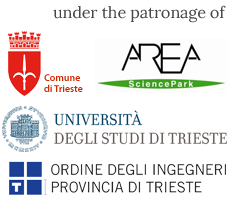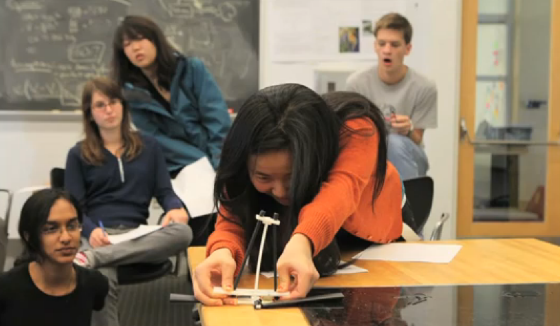Future educational challenges for scientific and technical professions
In order to stress ESTECO’s strong ties with universities and research institutes, nurtured and honed by the company from its establishment, the 2012 edition of the Users’ Meeting will take a further step in this direction with its round table entitled “Future educational challenges for scientific and technical professions”.
This event has stemmed from the fact that scientific and technical curricula are in deep crisis all over the world due to their inadequacy to fulfill the needs of the business world.
Most agree that engineering students and graduates are well prepared in fields such as math and science, but lack many other skills, such as creativity and practical knowledge of new technologies, ability to analyze and visualize problems as well as to decompose them in smaller parts, the ability to communicate the results of their work to both peers and non-specialists and managerial capabilities. In the best of cases the development of these skills has been neglected, if not entirely absent, in the existing university curricula. Many technical US universities, despite their enormous potential, resist reform with remarkable efficiency and tend to rely on theoretical (and often outdated) knowledge, wherefore students are literally thrown into the work arena after graduation without any clue on how to solve real world problems.
Unfortunately, even though the need for reform has been widely recognized, the introduction of changes to engineering curricula is extremely slow. In spite of a number of researches conducted on this topic and pilot projects implemented, all these efforts are not gaining foothold fast enough.
At this round table, organized by the CPOMD, participants will discuss the general situation in their respective schools of engineering and main obstacles encountered in implementing reforms, attempt to determine what can be and what must be done in a short- and long-term future perspective and share the best practices and ideas of what has already been done around the world, as well as to propose a possible course of action. One of the most distinguished guests expected to attend this round table, along with Carlo Poloni, president of ESTECO and professor of Mechanical Engineering at the University of Trieste, is the world’s leading expert in genetic algorithms, David Goldberg, who will present his views and work on structuring the engineering curricula for the future as co-founder and co-director of iFoundry - an ambitious program designed to promote open-source, interdepartmental, and intercollegiate curricular innovations that result in graduates who are better prepared for the workplace.
This event will be open to the general public and is particularly intended for students and researchers.
For a sneak preview of what the open event will be, take a look to the video of the TEDx conference where David Goldberg talks about seven skills that engineers are missing, skills that are essential for them to be effective in the 21st century.









